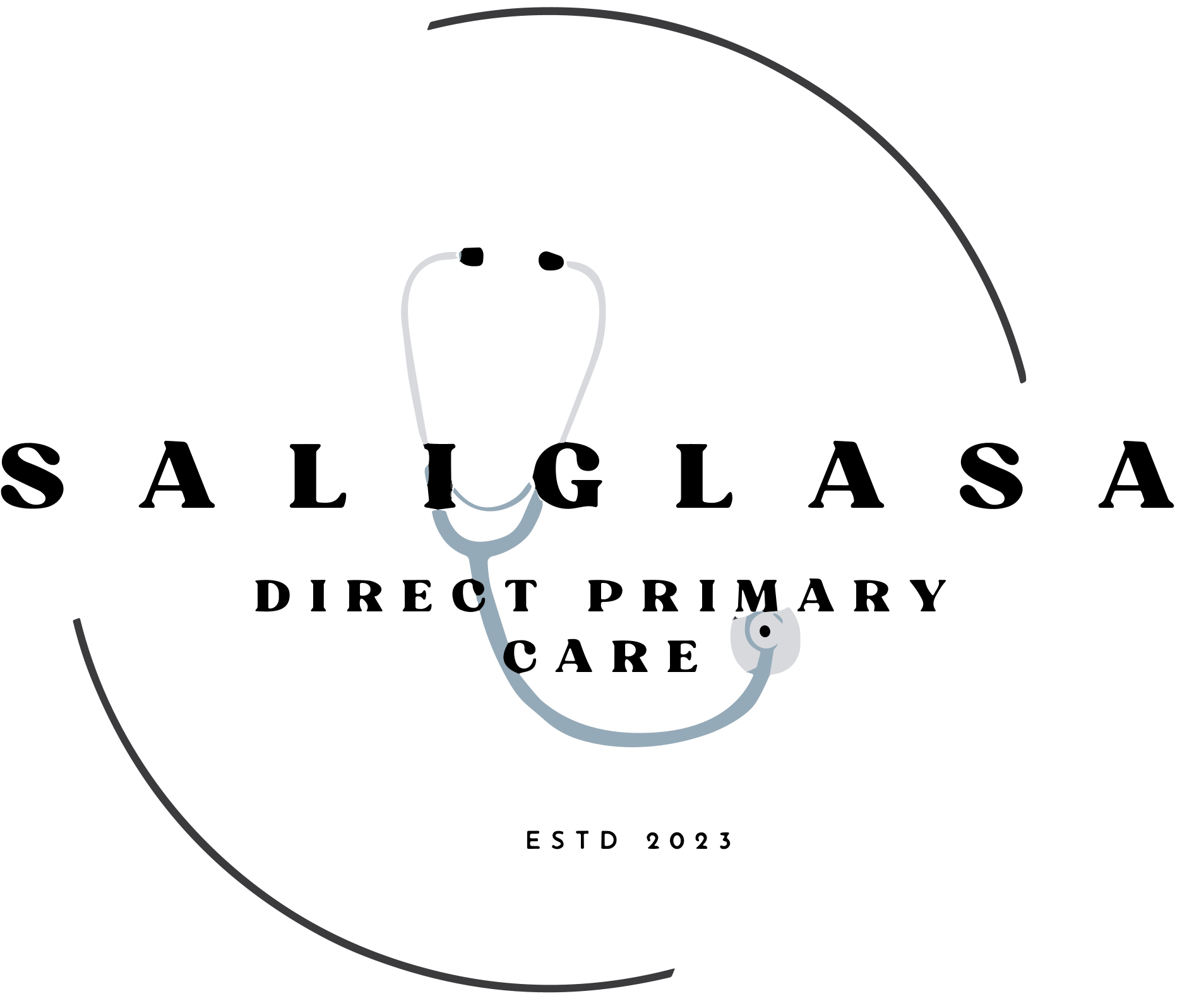We Know How to Improve Health Outcomes!
Are you a third party payer (commercial, private or public), or a health system interested in the health outcome improvement of your clients?
Contact us to learn how our interventions impact lives and will help your bottom line!


Good Health Outcome = Quality Service Delivery + Engaged Patients.
Quality improvement (QI) in healthcare is a discipline that is dedicated to making healthcare service safer, timely, more effective, equitable, efficient and patient centered – the original 6 domains identified by National Academy of Medicine (formerly the Institute Of Medicine, IOM). Quality Improvement’s role in improving health outcome is well studied.
All healthsystems, to some extent or other, have some QI endeavors in order to improve the health outcomes of their patients. Dr. Kebede is a QI certified physician, has several years of experience in training healthcare workers to reduce healthcare associated patient harm and to provide patient centered care using evidence-based approaches.
Patient engagement, the other key ingredient for improved health outcome, on the other hand is less well understood and universally poorly implemented in most healthcare systems. The concept is either pejoratively delegated to patient “compliance” or lately more to the use of health technologies. In reality, patient engagement is so much more than those ideas. Dr. Kebede, a certified health coach, has several years of experience in this arena as well.
Please read more on patient engagement here (Learn More).
Saliglasa is excited to partner with your organization’s effort to improve the health outcomes of your clients by addressing key QI endeavors as well as by improving patient engagement.
Our approach to improving patient engagement is described below
Service Description
Health literacy enhancement:
- Full medical record review including all past and present hospitalizations, specialty medical service encounters, diagnoses, medications, procedures
- Shared understanding and health literacy assessment. Any gaps in shared understanding will be addressed and clarification will be provided using teaching materials including models, drawings and sources from softwares such asVisible Body to help clarify pertinent anatomy and physiology concepts to patients. Basic education on pertinent pathophysiology, natural course of illness and mechanism of action of drugs will be provided using current available scientific evidence in layman’s terms. Teach back method will be used to assure patients’ adequate comprehension.
- Q&A and health education can include family members if desired.
- Health history summary will be given in a digital form as a Personal Health File, with any outstanding items for further follow up highlighted for patient’s doctors. Outstanding items are not limited to but may include: confusion on medical diagnoses, need for medication reconciliation, dose adjustment and polypharmacy, recommended health maintenance and preventive screenings that maybe overdue, provisional diagnoses or resolved conditions that don’t need to be present on active problem lists, outstanding follow up recommendations from consulting physicians that may not have been followed through, lab and diagnostic findings of potential consequence that patients may not be aware of or may be confused by etc.
Coaching: for the purposes of patient engagement consultation, Saliglasa offers general health coaching sessions to patients that will provide them the opportunity to start their wellness journey engaged in their own care. Most will require an on-going support to maintain the skills they acquire during this initial engagement coaching. Return visits can be arranged as needed. We will offer
- Assessment of current self-management capacity of medical conditions
- Invitation to fill out the “What Matters to You” questionnaire to identify personal values and goals
- Review of available assets the patient may have and potential barriers that influence goal achievements
- Counseling, support and identification of available resources for health and wellness
- Training in self-monitoring and the appropriate use of health technology
Pricing
Tiered Pricing Based on Case Complexity
The pricing for consultation will be according to industry standards for equivalent services.
Units of sales: is based on 3 tiers of medical history complexity- basic, moderate and complex.
Factors that determine tier include: the number and type of chronic diseases, # of subspecialties seen, # of hospital admissions, # of medications, length of history of record, # of pages of records
Contact us to discuss how Saliglasa can help your organization’s efforts in improving the health outcomes of your clients!
Value proposition
Saliglasa’s value proposition for your organization
- Improve Health Literacy. Only 12% of the US health population is considered to be health literate (DHHS). We live at a time when there is an inordinate amount of health information available for patients while their access and face time with doctors are restricted. Many individuals apply unvetted information to manage their conditions on their own. This can have implications for patient safety, increased cost of care, poor patient-physician communication in addition to being confusing and frustrating to both patients and providers. We take this seriously and work hard to reduce health iliteracy.
- Reduce Health Disparities: Most patients don’t fully understand the contents of their own medical records much less other health information. This is more notable among sub-populations such as the elderly, those with multiple co-morbidities and those that have significant social determinants of health challenges. This has implications for health disparities and for their satisfaction. Our full record review service is a fundamental intervention to address this deficit, and combat pernicious health disparities in our health systems.
- Provide Health Technology Engagement. many health technologies are indispensable resources for overall patient engagement in their own care. Just like in the consumption of ubiquitous health information, these resources need to be appropriately utilized by patients in communication with their providers. Advising on technologies that add value to care, developing skills and confidence in using them as well as giving training to all patients to bridge the digital divide are some of our commitments to our patients in this arena.
- Mitigate Physician Burn Out. Several studies show that physician burn out is at a crisis level and is estimated to cost the U.S. health care system up to $4.6 billion a year, according to a study published in the Annals of Internal Medicine in 2019 by Lotte Dyrbe. Primary care physicians report time pressure at work, especially time spent in the EMR is a significant contributor to their burn out. We will support physicians by taking time to review patients’ health records in full, summarize and simplify complex concept for their patients and highlight items that require physicians’ attention so that physicians can focus in addressing active issues.
- Provide Health Coaching. Close to 90% of our $3.5 trillion healthcare budget goes to managing and treating chronic diseases. Preventive and self management interventions have the potential to cut out a significant portion of this expenditure. This goal is likely to be reached when there is a trusted relationship with healthcare professionals that can offer ongoing support and provide skills for behavioral changes. We respect patient autonomy, recognize peoples’ capabilities and limits and utilize evidence based coaching techniques and provide skills to empower them to achieve their health goals. We are doctors, coaches and health advocates, all in one, who are passionate about seeing patients succeed at achieving their health goals. When patients succeed we all succeed.
- Train in Quality Improvement. Despite increasing recognition of the need to promote patient safety in healthcare delivery most clinicians are not trained in evidence-based methods of patient safety, one of the fundamental indicators of healthcare quality. We have QI certified health workforce who can train front line staff and other healthcare workers on the concepts of harm reduction and how that effort can be enhanced with the help of empowered patients.
- Demonstrate Value-Based Care in action. There is a call to move from a fee-for-service model to a Value-Based Payment model. We are early adopters of the concept! Please see our publication on the topic where we argue the starting point is the effective implmentation of patient-centered care which logically starts by asking patients to tell us what matters to them– in other words, let patients tell us what they value so we can design a VBC!!. (Hirpa et al. What Matters to Patients? A timely question for value-based care. PLos One. 2020 Jul 9;15(7):e0227845). We have redesigned the primary care delivery model at Saliglasa to assure that VBC will materialize in our lifetime by asking the right question and creating permissive environment to achieve the Quadruple Aims. We are excited to show how when we prioritize and empower patients to help us improve their experience we improve their health outcome and reduce physician burn out and ultimately reduce the cost of care for all involved! Who doesn’t want that?
We invite you to partner with us- we know how to get things done!
